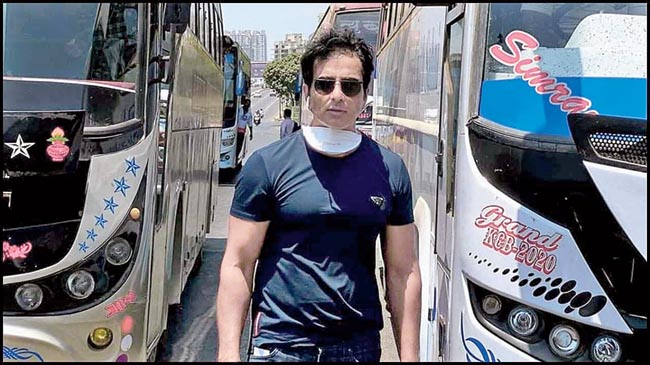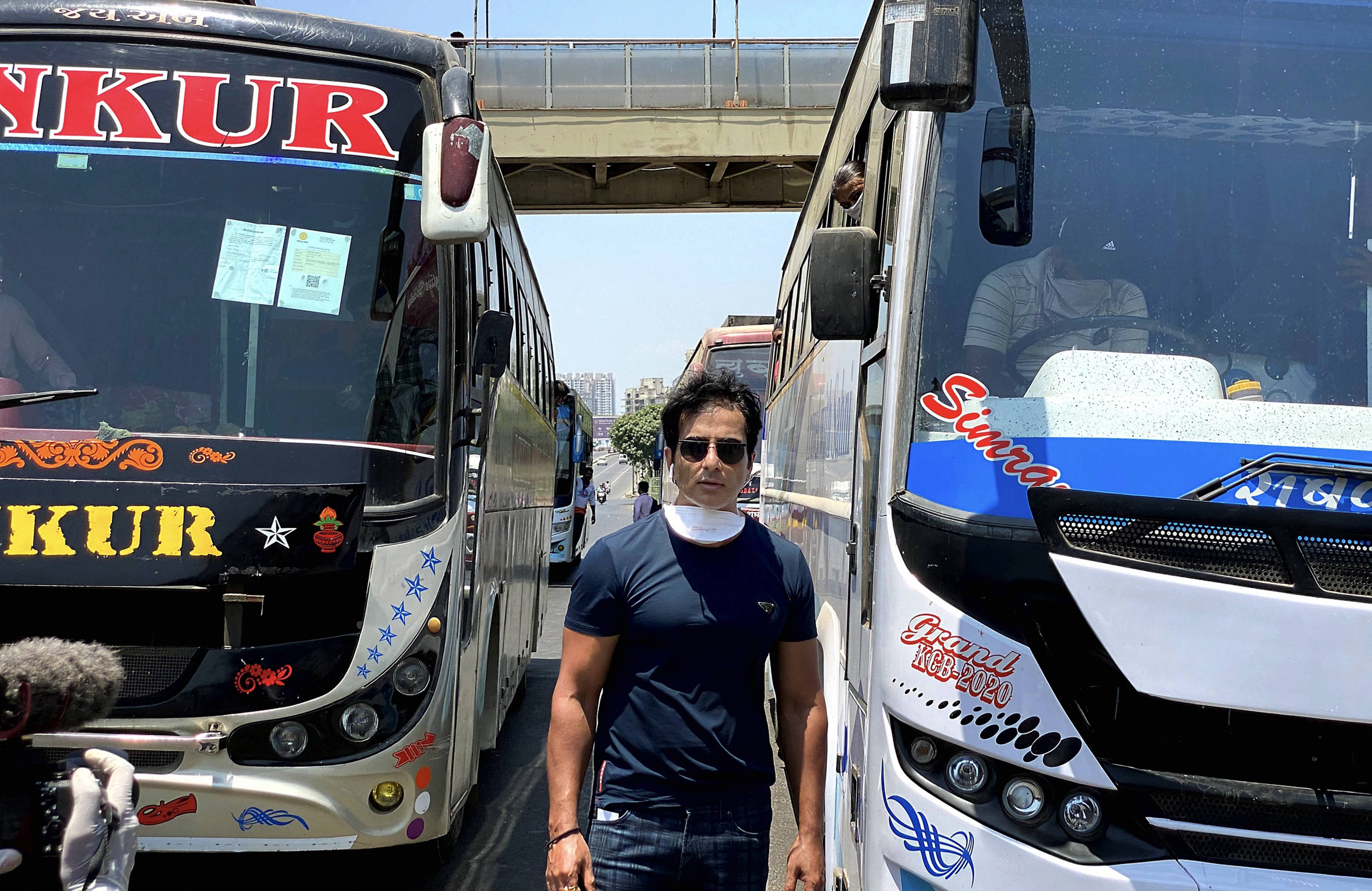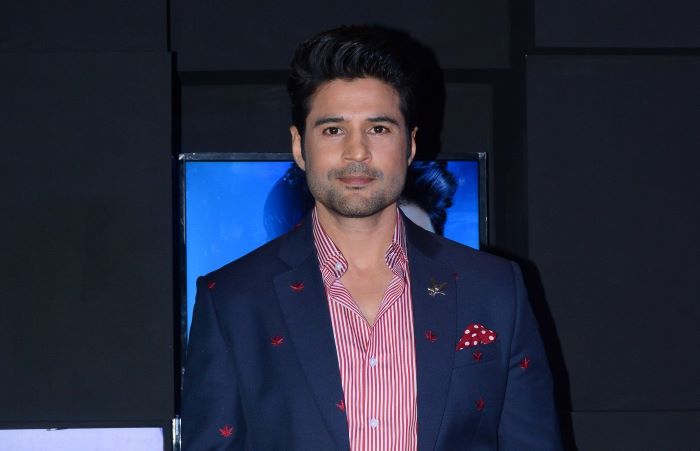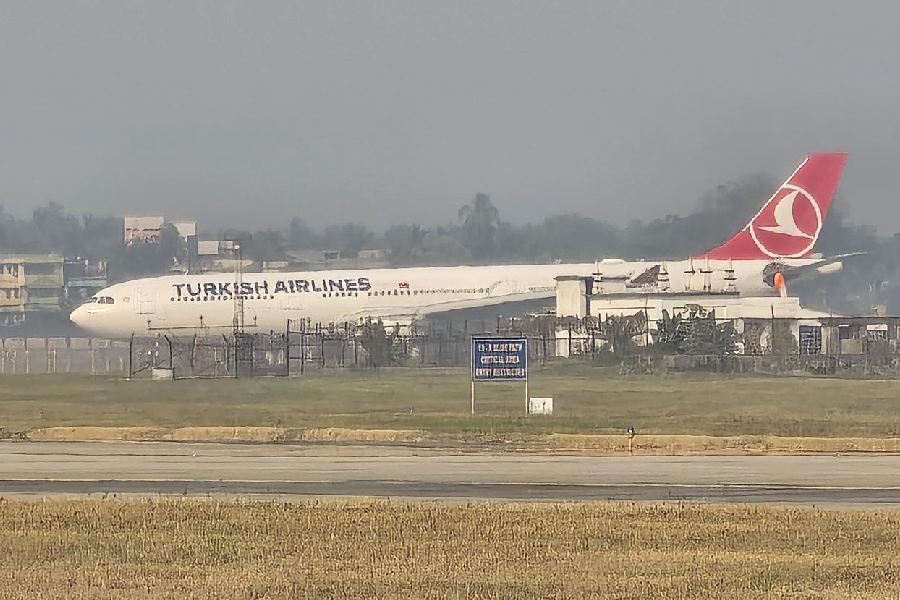Everyone else was trying to make sense of life in quarantine. But soon actor Sonu Sood realised that there were those he could help and not just by donating money. The 46-year-old Simmba actor has been organising buses to take migrants from Mumbai back to their homes in Karnataka, Chhattisgarh, Bihar and Uttar Pradesh. “Keeping in mind the need for social distancing, these buses are only half full. And, we are providing food for their journey,” the actor tells us over a phone conversation. Excerpts...
Even before you started helping migrants get buses to return home, you offered your hotel in Juhu to healthcare workers and worked with Shakti Annadanam to get essential supplies to the poor.
When the lockdown began, no one was aware of the world they’re going to live in. It felt like they had all the time in the world. A lot of people were wondering what to do or not to do. But I just thought that we are living in comfortable spaces but there would be thousands who won’t have houses and won’t have meals or daily wages. That’s when I decided to come forward and do whatever I can.
It started with giving space in my hotel for paramedical staff, doctors and nurses. They were the ones suffering a lot. Building societies were not accepting them and lots of videos were going viral, which I thought would be a message for a lot of people to respect them because they are the only wall that would exist between the virus and a common man. So, that’s why I offered my hotel.
With Shakti Annadanam, the idea was to reach thousands of people who were looking for rations, food. Slowly, it moved from 500-700 people to almost 40-45,000 every day. When Ramzan started, a lot of people from Bhiwandi were worried that during Ramzan people wouldn’t get food. So, we started that drive also. We had sent a lot of stuff to them. We are living in a time that’s so difficult, and no matter how much you try to help, you’ll still get lots and lots of more requests from people who need help. I think we’re doing our bit and I’m sure word will spread and people will come forward and try to help someone.
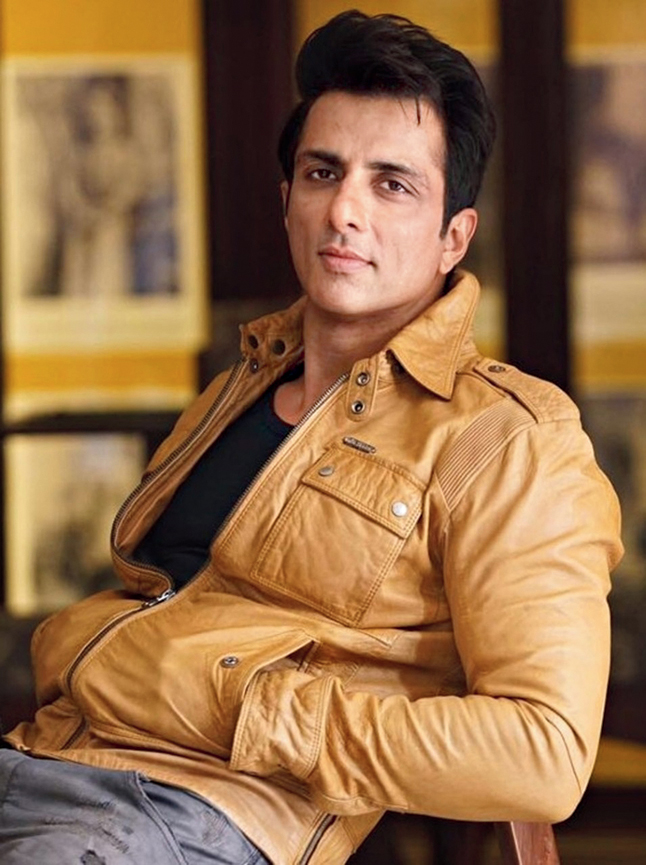
What really bothered me were these migrants walking down highways with no food, little children with them, old parents behind their bicycles. They had lost hope: Sonu Sood
What pushed you to help migrants get home?
What really bothered me were these migrants walking down highways with no food, little children with them, old parents behind their bicycles. They had lost hope. They thought they would never reach their homes through any government process. They must be thinking to themselves that we build homes and roads for these people in cities but when time came for them to help us, no one came forward.
I thought why not try to help them and get some permissions in place so that hope should be alive that there’s someone trying to work for them. So, I started getting in touch with the Maharashtra and Karnataka governments and then those from Odisha, Jharkhand, Uttarakhand, Bengal, UP and Bihar. Whatever permissions I would get, I could make these people reach their homes. We started with Karnataka and got permissions from them and 10 buses with 50 people each went in the first lot. And we’re doing that every day. The biggest challenge right now is to help these people reach their homes, and they’re the ones who have been hit very, very hard.
What was the procedure that you had to go through?
The permission process was tough and tedious, and I had to pull a few strings to get that done. I was planning for the trip so a lot of paperwork was required, but somehow we managed to do it. A lot of my friends got together to help me. One of them, Neeti Goel, is in the restaurant business. She helped quite a bit. That’s how we were able to pull this off and help all these people go back to their homes. She is the one who has helped arrange food for their travels.
What was going through your mind when you sent them off in the buses? Was it emotional for you?
It was a very emotional moment, seeing them cry when they were thanking us. They were very happy and seeing those tears in their eyes, I think was the biggest emotional moment I could have experienced. I’m glad they managed to get reunited with their families.
There is a growing belief that we as a society have failed the migrants.
I agree. I think the system has failed them. I don’t think there was any planning for this section of our society and that’s very sad. This is a tough time for everyone but if we are in a position to help, we must. People told me that I shouldn’t step out but all I kept thinking was someone has to start. In the initial days of the lockdown when I was just distributing food, we would try and stop them from walking back to their villages. And, the overwhelming feeling I got was that they believe that they are on their own, that no one is going to help them. That really broke my heart.

Almost eight-10 hours of my day are spent in this whole process of putting things together — permissions, buses, making food reach their homes. All these things are challenging but I’m enjoying it and I’m glad that I’m able to bring a small change in society
Sonu Sood
Have you reached out to your friends and colleagues from the industry to help with this endeavour?
I haven’t reached out to my friends and colleagues but they’ve called and congratulated me. They have asked if they could help in any way and be a part of this. That’s the good part of it because it sends out a strong message that this battle has to be fought together and I think we’re doing that.
Is this going to be ongoing?
I will be there regularly to help people with this and I’m still doing it — making calls and sending mails. We have to make this happen till everyone can go back to their homes and get reunited with their families. It has to be an ongoing process till people feel safe. Now, they’re stranded on the highways, walking, sleeping under bridges and at railway stations. It’s time to come forward and help them. I feel that’s my next step.
What life lessons has this pandemic taught you?
The lessons that this pandemic has taught me is to not plan too much — there are few things that God has kept in his hands. Just try to be grounded and help others, try to reach out to people who need you — don’t expect them to call you for help but you have to go on your own and tell them that you’re there for them and always will be. What this pandemic has taught us is that above everything is humanity.
What’s helped you stay so positive during these trying times?
My parents always taught me that you’re only successful if you can help others. So, that’s what I believe and I knew I had to come forward and do my bit. Believe me, almost eight-10 hours of my day are spent in this whole process of putting things together — permissions, buses, making food reach their homes. All these things are challenging but I’m enjoying it and I’m glad that I’m able to bring a small change in society.

